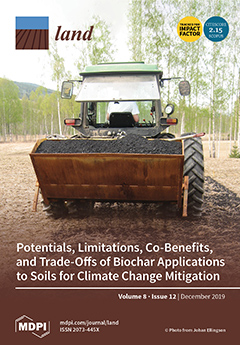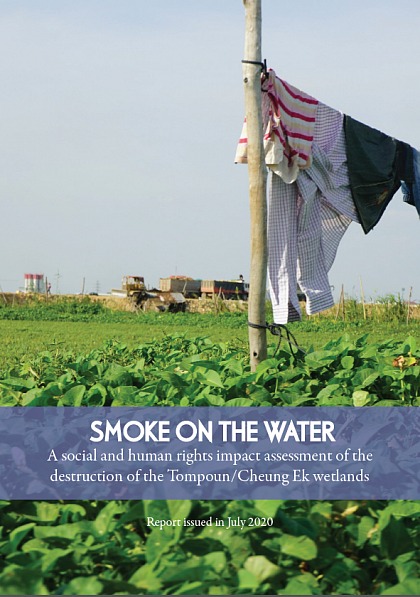National Water Conference on Status and Future Directions of Water Research in Sri Lanka, BMICH, Colombo, Sri Lanka, 4-6 November 1998. Session 4: Participatory management of irrigation; Session 5: Water resource data; Session 6: Managing water quality
National Water Conference on Status and Future Directions of Water Research in Sri Lanka, BMICH, Colombo, Sri Lanka, 4-6 November 1998. Session 4: Participatory management of irrigation; Session 5: Water resource data; Session 6: Managing water quality





